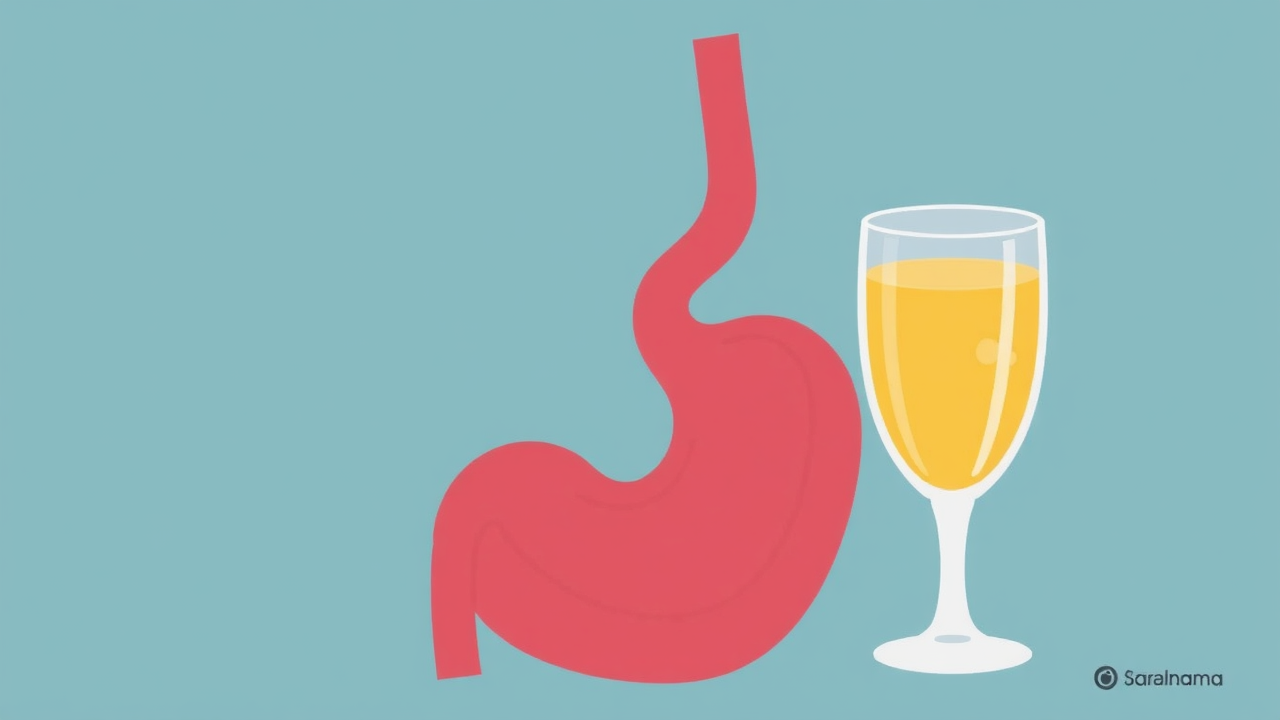Drinking alcohol without eating food first has become a popular topic on social media, with many people sharing their experiences. Some treat it as a vacation habit, while others see it as a way to get drunk quickly using less alcohol. However, this practice can be dangerous. When the stomach is empty, alcohol moves much faster into the small intestine, where it gets absorbed rapidly into the bloodstream. This causes blood alcohol concentration to rise sharply, leading to quicker intoxication. The brain is affected faster than normal, resulting in stronger effects like dizziness, poor coordination, and impaired judgment. Health experts warn that while the effects appear within minutes, the risks are serious. These include blackouts, nausea, vomiting, and dangerous intoxication levels. Understanding what happens inside the body and taking precautions can help reduce these risks.

How Empty Stomach Drinking Affects Your Body
Normally, food and drinks travel from the esophagus to the stomach, stay briefly, and then move to the small intestine for absorption into the bloodstream. Without food, liquids enter the small intestine much faster. Dr Bhushan Bhole, Senior Consultant GI Surgery and Liver Transplantation at PSRI Hospital in Delhi, explains that the small intestine has a large surface area and absorbs alcohol rapidly. This increases blood alcohol concentration much faster than when food is present. Alcohol reaches the brain quicker, overwhelming normal brain function. This results in stronger effects such as dizziness, impaired coordination, and reduced judgment. Experts recommend eating a balanced meal with protein, healthy fats, and complex carbohydrates before drinking. Foods like eggs, lean meats, cheese, nuts, and avocados stay longer in the stomach, slowing alcohol absorption and reducing intoxication
Source: Link
